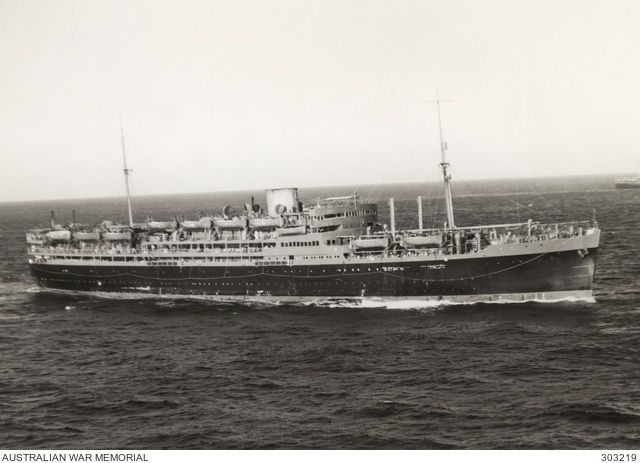Loveday champion footballer
- Joanne Tapiolas
- Mar 18, 2025
- 3 min read
Luigi Rafaele Stefano Beschizza was born on the 3rd January 1918 in Bratto (Massa and Carrara) Italy. He named his father Pietro has his next of kin who lived in Bratto. Luigi was one of the youngest in the group being 22 years old when he was arrested on the 13th June 1940.
An industrious young man with a larrikin character, Luigi was passionate about football but also helped with camp duties and was involved in numerous camp activities. He worked in the camp kitchens, as a dental orderly and with the wood party. Nicola Cua, Luigi Beschizza and Vittorio Tolaini set up the camp library and remained friends for life. Additionally, Luigi was referee for camp football games. In December 1940, he contributed a short story Christmas Wedding to the Christmas edition of the camp magazine Gioventu.
On the 22nd July 1942, Luigi was bestowed the award of Loveday Camp ‘champion’ football player. The International Football Championship, held from January to July 1942 was a competition between the Germans and the Italians. Luigi played the position of right midfield which was noted on his certificate. The certificate is adorned by the fascist flags of Italy and Germany a reminder that politics and allegiances to fascism was ever present in the internment camps.
Luigi’s passion for football extended to his plans to improve the condition of the football field. With the support of Dr Zezi and the Germans, he was instrumental in grading the field of loose sand with squidges made of wood.
On the 29th May 1944 he was released to work as a steward at Dookie Agricultural College. Luigi then worked at the Latin Café, Mario’s Café and a business operated by Silvio Ganora in Bourke Street, Melbourne. Luigi and Ganora’s youngest daughter Eva started dating but her father banned her from continuing the relationship. In defiance, Eva and Luigi moved to Sydney where Luigi worked at Romano’s Café. Ganora’s efforts to have the relationship severed lead to Luigi being arrested. Interestingly, Ganora, his wife and eldest daughter had been interned and were resident at Tatura Camp 3.
Defiant and against her parents’ wishes, Eva and Luigi married on the 22nd May 1949 in Melbourne. The legal battle that ensued to remain in Australia was character destroying for Luigi. On 24th August 1949, Eva and Luigi embarked the Orontes for London. The Deportation Order had been lifted which allowed the couple to sail for England rather than being 'deported to Italy. Defiant until the end Eva said, ‘If Australia doesn’t want my husband then it doesn’t want me.’

Luigi reminisced about that time: Three of us Victor [Pacifico Vittorio] Tolaini, George [Pietro] Strina and I we walked out [of the Dunera], we were taken to Murchison, to the station and we were met by a chap called Overroy. He tried to speak Italian and then a bit of French, we listened awhile and then we started to speak and he said, you bastards, you speak English better than I do. Then we went to a place called Dookie an agricultural college, we were stewards, we went there as caterers, Strina was a cook, we were paid four pound 15 shillings a week. I was made head steward. Then I went to Melbourne and worked for my [prospective] father-in-law who had a restaurant, fell in love with his daughter [Eva], he didn’t want to know me. We eloped, then he got me arrested, he only did that because he was a friend of the minister for immigration Caldwell, they put me in Long Bay jail, when the visitors came, I saw a gap, I walked out with the visitors, picked up my wife, withdrew a little money I had at the post office, and I was on the run for nearly three years, money ran out, I went to an employment agency, we went to work at a guest house at the Entrance, near Newcastle, and there I passed myself off as Leonard Benson, then when the season finished, we saved a bit of money, went to Newcastle, got to Newcastle, went for a job, every time they asked me what I did in the war, I would say, merchant navy, I like to keep near the truth as possible, and it finished up that I couldn’t get a job because they wanted to know my war record, so I saw a job, ad in the paper, and I ended up selling vacuum cleaners for a living. (Beschizza, Luigi 1990)
In 1990 on the 50th anniversary of the Arandora Star tragedy the remaining Italian survivors including Luigi were decorated with the Cavaliere al Merito della Repubblica Italiana.
Luigi Beschizza and Nicola Cua visited Tatura in 1991 and reconnected with their friend Marco Gazzi.




Comments